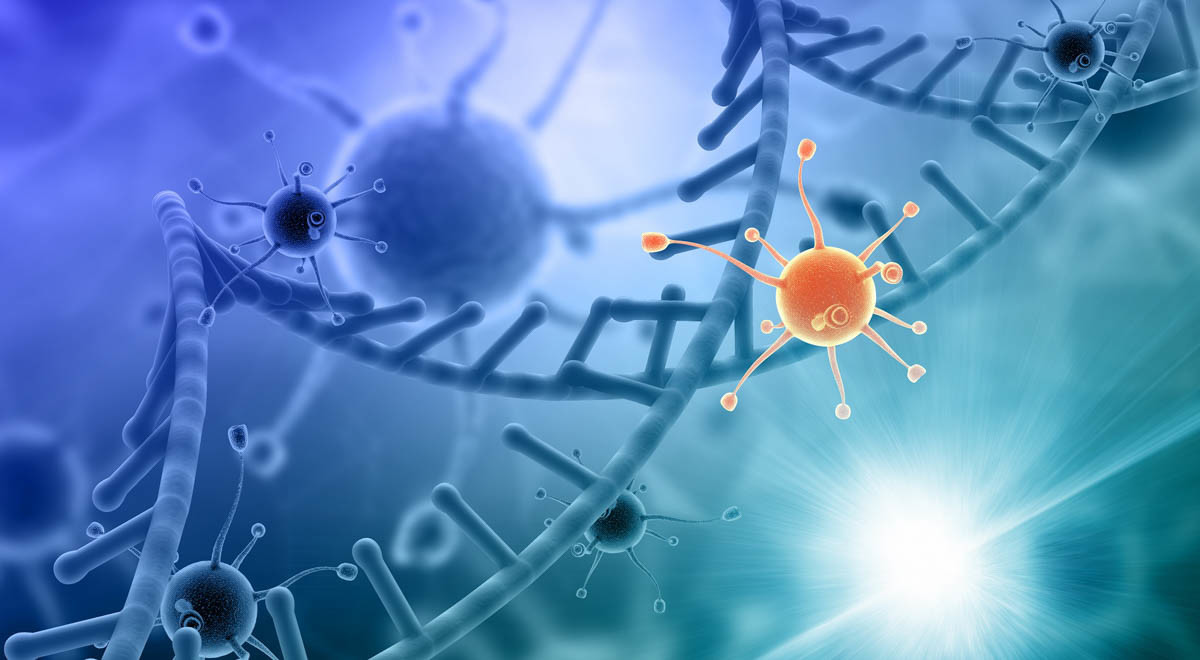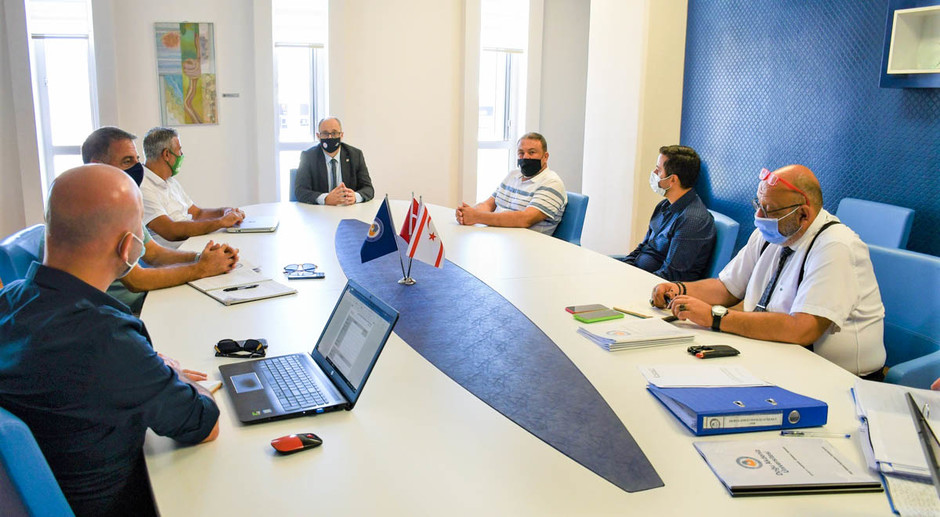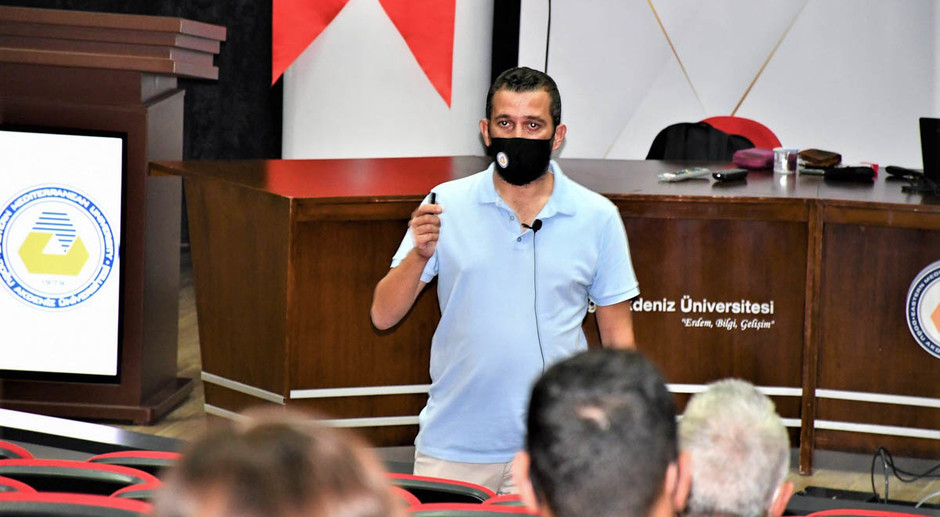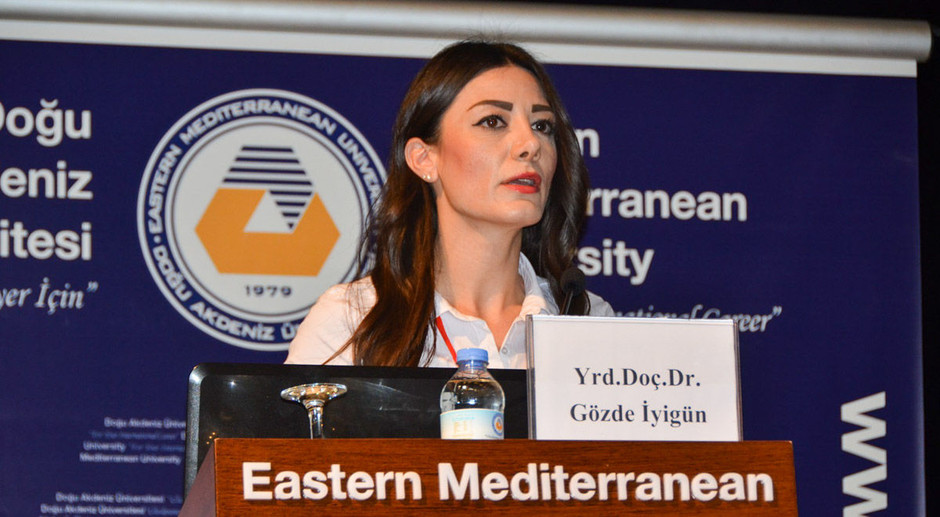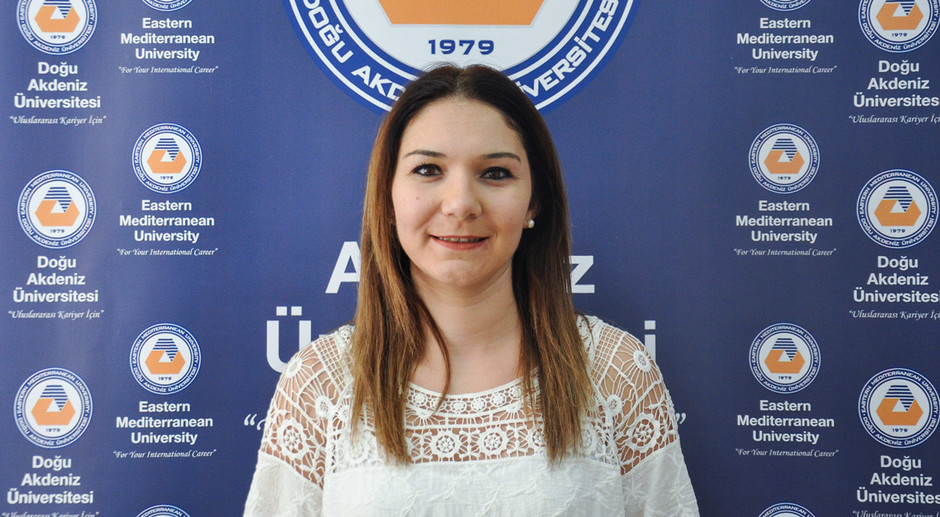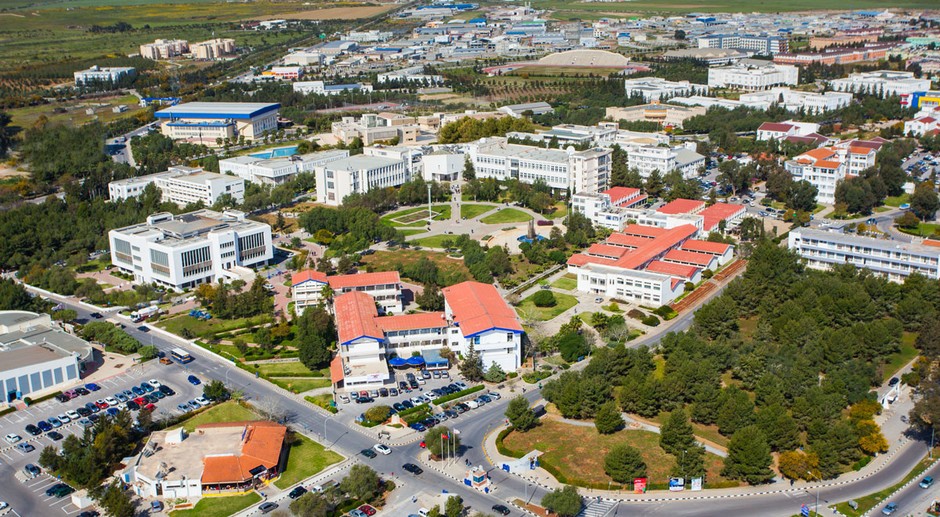Four academicians from the Eastern Mediterranean University (EMU) Faculty of Arts and Sciences, Biological Sciences Department, Assistant Professor Adil Şeytanoğlu, Assistant Professor Ilgın Çağnan, Assistant Professor Deniz Balcı and Prof. Dr. Bahar Taneri, conducted an effective teamwork and published an article on COVID-19 and genetics. 11 Turkish Cypriot scientists working at valuable scientific institutions in various countries of the world took part in the development of the article published in "Frontiers in Immunology", one of the prestigious journals of the field.
In the relevant study, together with the Biological Sciences team, Assistant Professor Tuğçe Karaderi from Denmark Copenhagen University, Halin Bareke MSc from Marmara University, Assistant Professor Imge Kunter from EMU Faculty of Pharmacy, Burç Barın MSc from The Emmes Company, United States, Assistant Professor Mevhibe B. Hocaoğlu from the UK King's College London and EMU Faculty of Medicine, Dr. Nilüfer Rahmioğlu from Oxford University in England and Dr. Esra Aşılmaz from Homerton University Hospital in England took part.
Genetic Factors Affecting the Course of the Disease Are Highlighted
In the article titled “Host Genetics at the Intersection of Autoimmunity and COVID-19: A Potential Key for Heterogeneous COVID-19 Severity”, it was emphasized that human genetic factors are closely related to the course of COVID-19 disease and that especially immune system components are important factors affecting the course of SARS-CoV-2 infection. In the article containing a literature review, various human genetic factors (e.g. ACE2 and TMPRSS2 genes as well as chemokine receptor genes - CCR2, CCR3, CCR9, CXCR6, XCR1; FYCO1 gene; and ABO locus determining the blood group HLA-G gene etc.) were mentioned. In addition, the relationship between the differences in the course of the disease and the genes that increase the susceptibility to autoimmunity (self-immune) diseases were also included.
While the review highlights the similarities between autoimmunity and COVID-19 disease, it has been suggested that genetic changes that increase susceptibility to self-immunity may play a role in severe cases of COVID-19. As a result of the literature review, the possible relationship of the PPTN22 gene, which plays a role in the activation of lymphocyte cells, the TYK2, IL6R genes that play a role in the signaling of cytokines, which are intercellular communication molecules, and the TLR7, MHC genes that play a role in the recognition of antigens were highlighted.
While mentioning the importance of brainstorming and teamwork during this study, EMU Arts and Sciences Faculty, Biological Sciences Department academicians stated that they believe that this international team of 11 Turkish Cypriot researchers will carry out useful scientific studies in the future. The original text of the article can be accessed at https://www.frontiersin.org/articles/10.3389/fimmu.2020.586111/full

